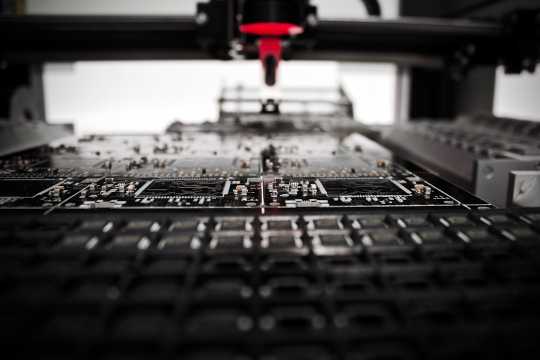Over the past few decades, robotics has revolutionized the manufacturing industry by increasing efficiency, productivity, and accuracy. With advancements in technology, robots have become an integral part of modern manufacturing processes, helping companies streamline their operations and stay competitive in the global market.
One of the key roles of robotics in modern manufacturing is automation. By using robots to perform repetitive and labor-intensive tasks, companies can significantly reduce production costs and increase production speed. This not only leads to higher overall productivity but also improves the quality of products, as robots are capable of performing tasks with a high level of precision and consistency.
Another important role of robotics in modern manufacturing is safety. Robots can be used to perform tasks that are dangerous for human workers, such as handling hazardous materials or working in extreme temperatures. By delegating these tasks to robots, companies can ensure the safety of their employees and minimize the risk of workplace accidents.
Furthermore, robots are also helping manufacturers to adapt to changing market demands and customer preferences. With the ability to quickly reprogram robots to perform different tasks, companies can easily switch between manufacturing different products or customizing products based on specific customer requirements. This flexibility allows manufacturers to respond more efficiently to changes in the market and stay ahead of the competition.
Moreover, robots are playing a crucial role in improving sustainability in manufacturing. By using robots to optimize energy usage, reduce waste, and recycle materials, companies can minimize their environmental impact and contribute to a more sustainable future. Robots can also help manufacturers meet regulatory requirements related to environmental protection and waste management.
In addition, robots are enabling manufacturers to create smarter, more interconnected factories through the implementation of the Internet of Things (IoT) and artificial intelligence (AI). By connecting robots and other manufacturing equipment to a network, companies can collect and analyze real-time data to optimize production processes, predict maintenance needs, and improve overall efficiency.
Overall, the role of robotics in modern manufacturing is undeniable. From automation and safety to flexibility and sustainability, robots are transforming the manufacturing industry in ways that were previously unimaginable. As technology continues to advance, we can expect robots to play an even greater role in shaping the future of manufacturing, driving innovation, and driving economic growth.

